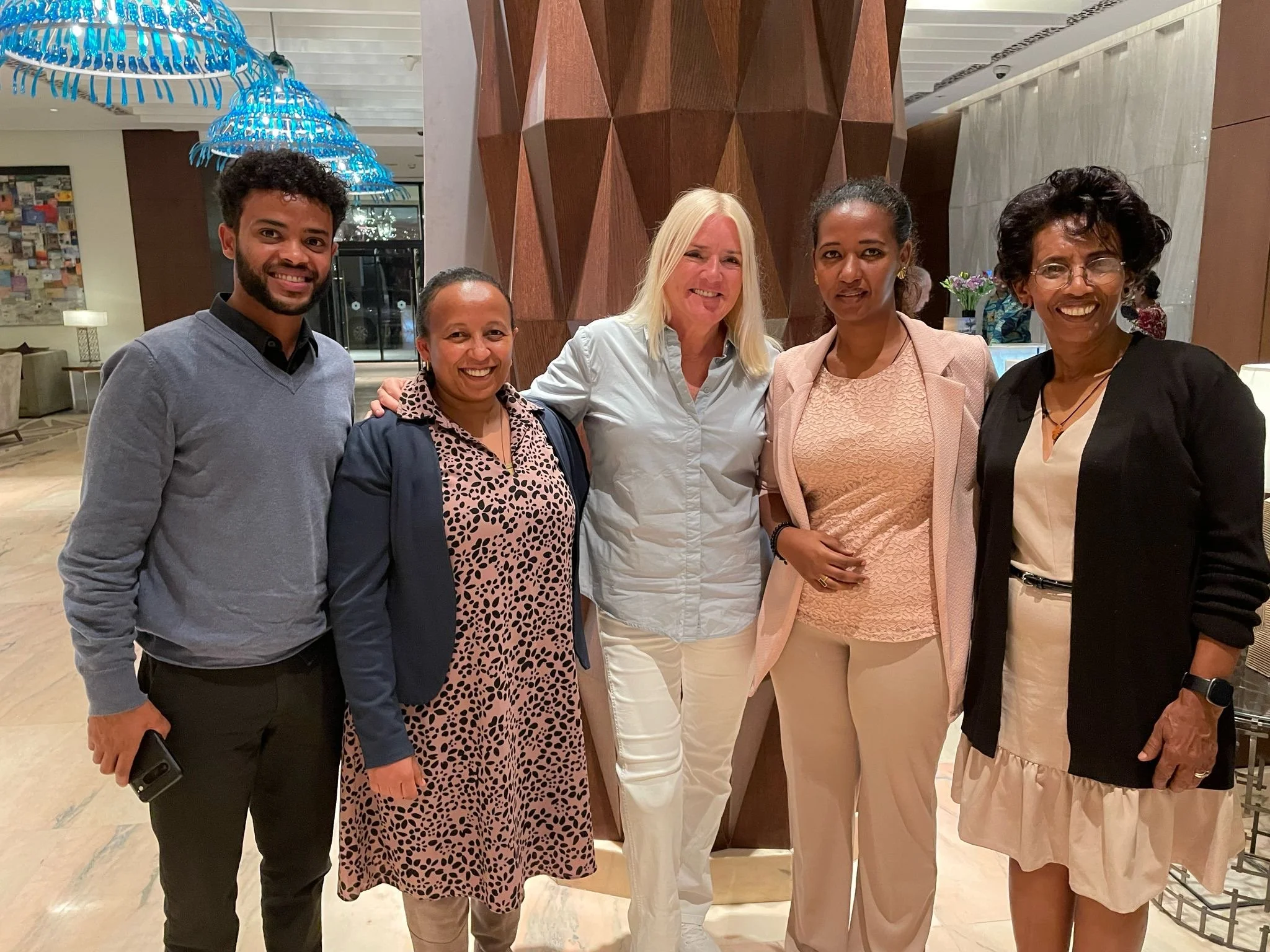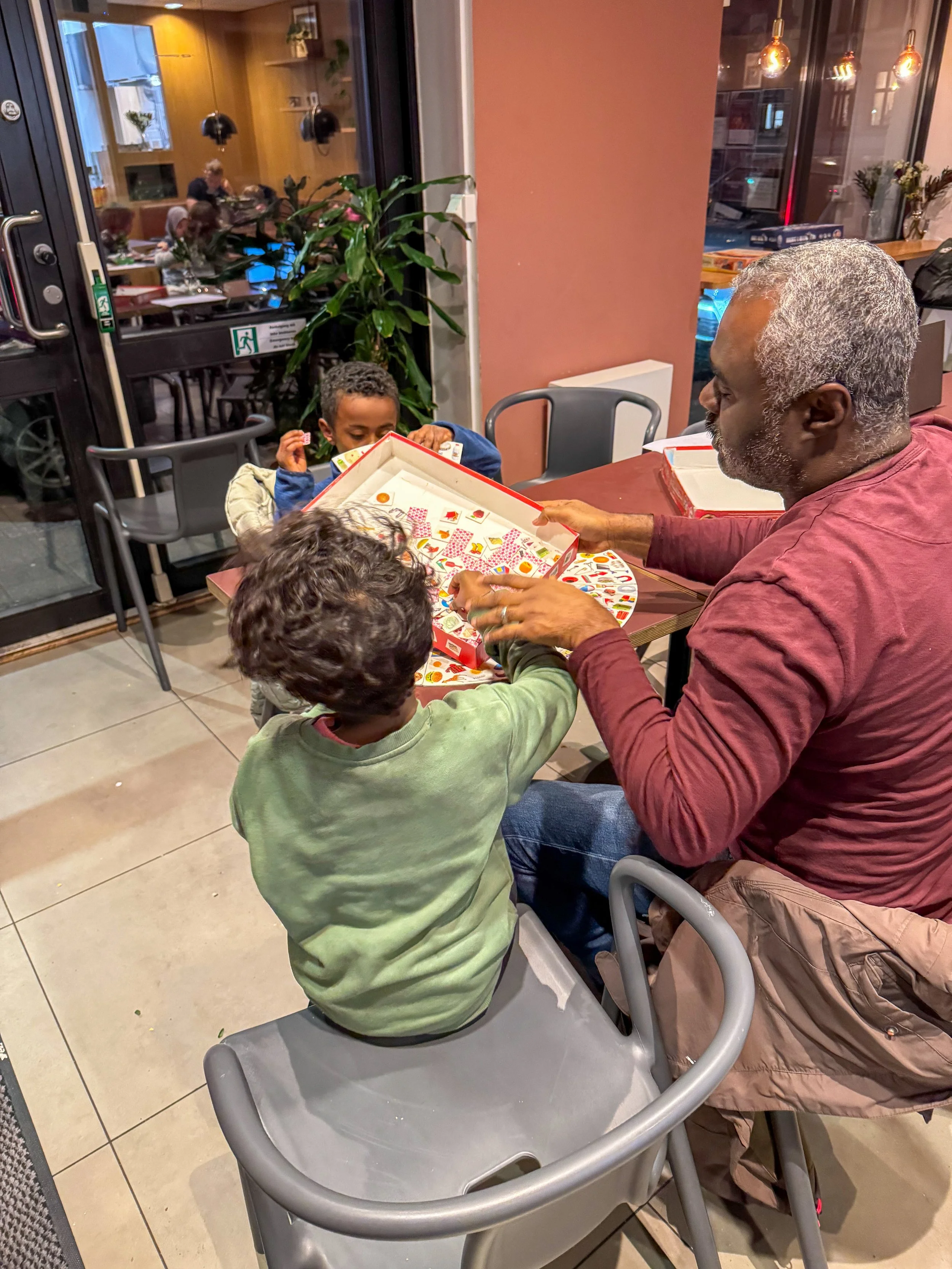Medina’s story
Medina Kedir - a 20 year old woman from a small coffee farm near Dodola.
Medina was eldest among three daughters and a son. Medina grew up in Dodola amidst the challenges of rural life with almost no formal education. Two years ago, she got married and relocated to an agricultural community with her husband, leaving behind the familiarity of her childhood home. A year into the marriage, Medina became pregnant, but access to antenatal care (ANC) was beyond her reach. Her new home, although convenient for her husband’s occupation in a coffee plantation, requires a dangerous 200-birr motorbike journey through a conflict zone to reach the nearest health center.
Medina’s pregnancy progressed without complications. But the events surrounding her labor would expose how fragile the grace of a smooth pregnancy was. Medina felt pushing down back pain on Tuesday evening, and although it was her first encounter with labor, it was unmistakable. As often is the case with women who had been taught to be meek, Medina kept silent and didn’t tell anyone about her pain until the next day. When she couldn’t take it anymore, she finally informed her husband on Wednesday but the torrential rain made the long journey impossible. Together, they traveled to a private clinic in a nearby town on Thursday. At the clinic, the staff, somewhat arrogantly, was confident that Medina’s delivery was imminent. So they kept observing her for a whole day and night ignoring the fact that they lack the capacity to manage obstructed labor. Finally, on Friday, the clinic admitted defeat and referred her to Madda Walabu Hospital.
At the hospital, Medina finally got relief when her baby was delivered via cesarean section. But her respite was soon replaced by worry because even though her baby survived, Medina was left with an injury she hadn’t anticipated. She could no longer control her urine. She was told that the baby was too big to be birthed vaginally, and that the labor had caused fistula. Conservative management was attempted and she was initially catheterized for a month in hopes of recovery, but to no effect. Medina was referred to Assela Fistula Center, where she underwent surgery.
When she’s telling her story, Medina vows that she’s determined to ensure that her younger sisters seek hospital care when they’re pregnant. Medina’s strength through this ordeal and her resolve to protect her sisters is admirable. But we see how individual effort may not rid the problem of obstetric fistula. The unfortunate series of events that caused the delay in Medina’s delivery are more than mere coincidences; rather they are features of a system destined for failure. At Hope of Light, we see Medina’s story as an illustration of the urgent need for systemic change. We will continue to advocate for the change that women like Medina deserve, while also giving them a second chance.
Related stories
STORIES FROM OUR PRIORITY AREAS
All · Children & youth · Music & culture · Health & research · Climate action · Social impact investment





